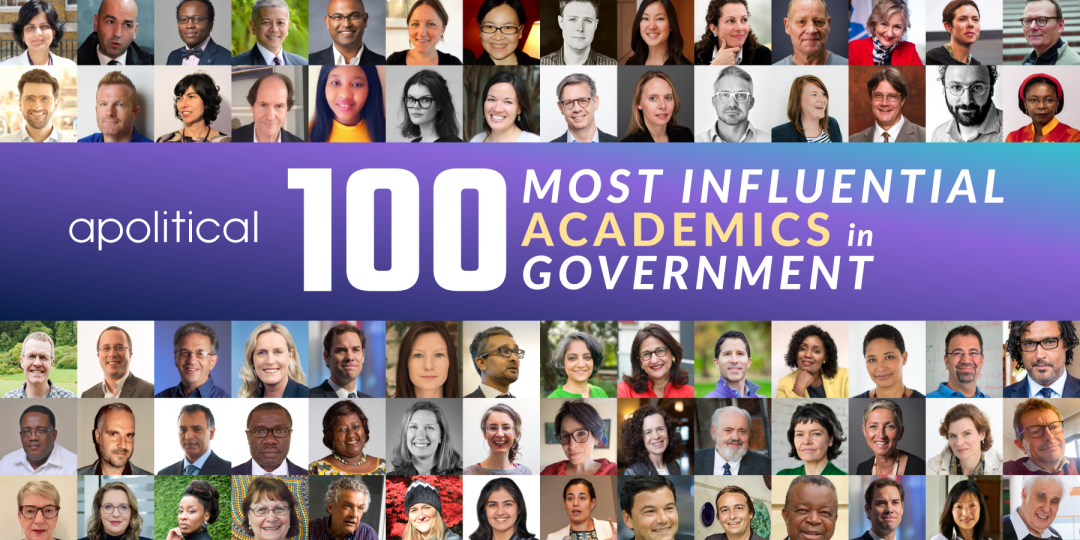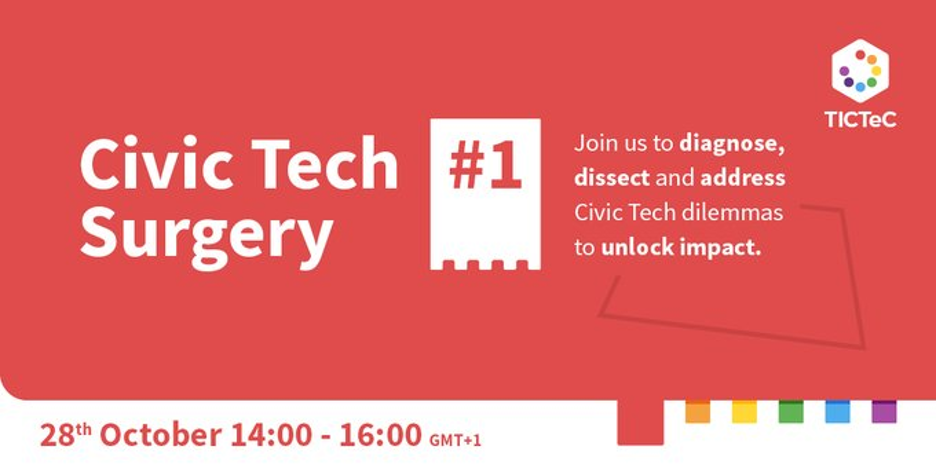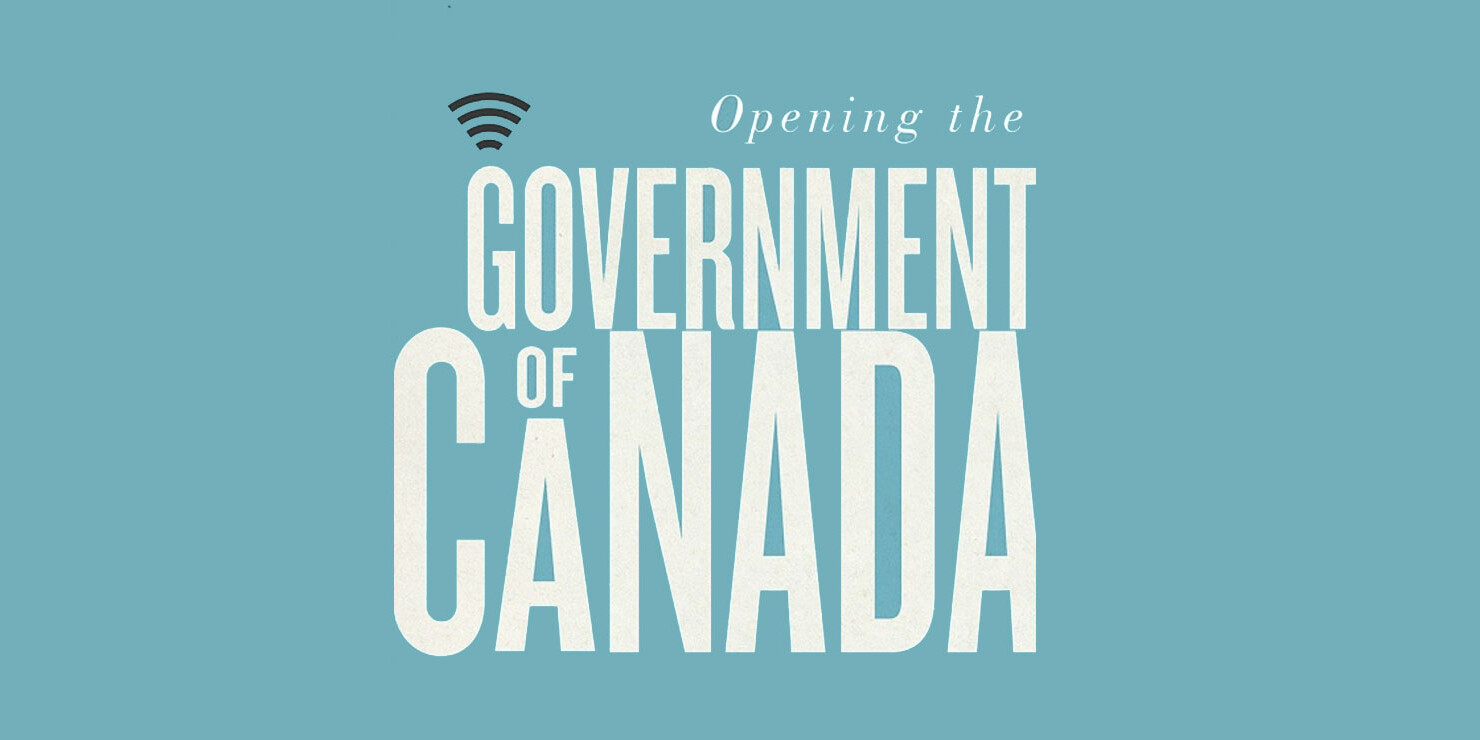My research is organized into three streams of work:
Public administration in the digital age
This research stream has two goals. First, it answers questions about how governments can effectively and responsibly harness modern management approaches, technology and data to improve public services and better design public policies. Second, this research explains how traditional theories of public administration and principles of democratic governance can be threatened, or alternatively, upheld, by the administrative reforms that governments are introducing in response to the pressures of the digital age. Published in 2019, my book Opening the Government of Canada: The Federal Bureaucracy in the Digital Age responds to these questions in the Canadian context. My most recent projects take up these issues through a comparative lens.
Public data governance
This stream of work examines how governments collect, share and use data about citizens and society. I uncover how new models of public data governance can betray core principles of good governance – including transparency, procedural fairness and democratic control. I also test the robustness and political acceptability of novel forms of data governance with which policymakers are experimenting. Within this work, I’m particularly interested in citizens’ attitudes toward government data governance, and especially how these attitudes are conditioned by political orientation, education and race.
Public service experiences and citizen trust in the state
This stream of work draws on surveys and experiments to measure the relationship between citizens’ experiences with public services and their trust in the state. I test how positive or negative service experiences shape an individual service user’s confidence in government, adding to the policy feedback literature new insight on the role that digital and automated services play in shaping citizen trust.
Latest work
New paper on federal government IT contracting
The Government of Canada breaks almost all best practices in modern IT procurement. Using our open access research tool govcanadacontracts.ca we use this paper to explain how, and why we should be worried about it.
Protecting Public Advice: New report with the Royal Society of Canada
In the past year I've been working with the Royal Society of Canada (RSC) as a member of the Working Group on Protecting Public Advice within the RSC's Task Force on COVID-19. In February my co-authors (Julia Wright, Wendy Hui Kyong Chun, Matthew Herder and Howard Ramos) published our final report, which will also be published as an article in FACETS.
Included in Apolitical’s Top 100 Most Influential Academics in Government
In December 2021, Apolitical released their list of the Top 100 Most Influential Academics in Government. I was thrilled to be included, especially alongside all of the other fabulous researchers celebrated in the list.
Teaching Public Service in the Digital Age: A Briefing For Potential Research Collaborators
Over the past year I've helped lead a new Research Workstream within the international teaching collaboration, Teaching Public Service in the Digital Age.
To initiate the Research Workstream, Tom Steinberg and I co-authored a Research Briefing, which outlines the key research questions that we think need to be answered to test and refine what have become widely accepted - but rarely empirically scrutinized - best practices in digital era government.
November 2, 2021Publicationsdigital government,public services,Teaching Public Service in the Digital Age
How can governments better collaborate with civic technologists?
Today I participated in a fascinating conversation hosted by MySociety on the topic of public-private partnerships in civic tech. Civic tech practitioners discussed the challenges they face when trying to work with government, including the mismatch between agile design processes and government budgeting and policy cycles, the inflexibility of government approval processes and departmental silos, and dated and overly onerous public procurement processes.
October 28, 2021Research talkdigital government,civic technology,public services
New book review: Take a Number: How Citizens’ Encounters with Government Shape Political Engagement
The book reports on the first comprehensive study to investigate policy feedback effects in Canada and has a number of particularly notable findings. First, policy feedback effects operate quite differently in Canada than they do in the US.
September 22, 2021Publicationspublic services,political participation,Canadian politics
One year into the pandemic, federal digital government is largely business as usual
It's been a year since the COVID-19 pandemic forced the federal government to make the sudden shift to working from home and to expand its online service offerings. What difference, if any, did this make for ongoing efforts to renew the federal government for the digital age?
March 8, 2021Publicationsdigital government,public services,Canadian politics
Review of Opening the Government of Canada in the Canadian Journal of Political Science
The book reports on the first comprehensive study to investigate policy feedback effects in Canada and has a number of particularly notable findings. First, policy feedback effects operate quite differently in Canada than they do in the US.
January 21, 2021Book Reviewdigital government,public services,Canadian politics,open government
Data Governance: The Next Frontier of Digital Government Research and Practice
Elizabeth Dubois and Florian Martin-Bariteau have put together a great collection of chapters focused on Canadian citizenship in the digital age in their new edited collection, Citizenship in a Connected Canada. I contributed a chapter that identifies gaps in research and policy on public data governance in Canada. The abstract is below, and the entire book is available for purchase or as an open access download here.
November 10, 2020Publicationspublic services,Data governance,Citizen trust
What are Public Servants Doing on Wikipedia?
Journalists have made much of a bot that reports on edits made to Wikipedia by public servants, framing these edits as absurd and wasteful, or as acts of state-led propaganda. But maybe these edits actually generate public value? With this question in mind, Elizabeth Dubois and I analyzed the edits that Canadian federal public servants make to Wikipedia, and found that many of these edits represent valuable contributions to public knowledge.
May 31, 2020Media coverage,Publicationsdigital government,civic technology,public services,Canadian politics,open government








